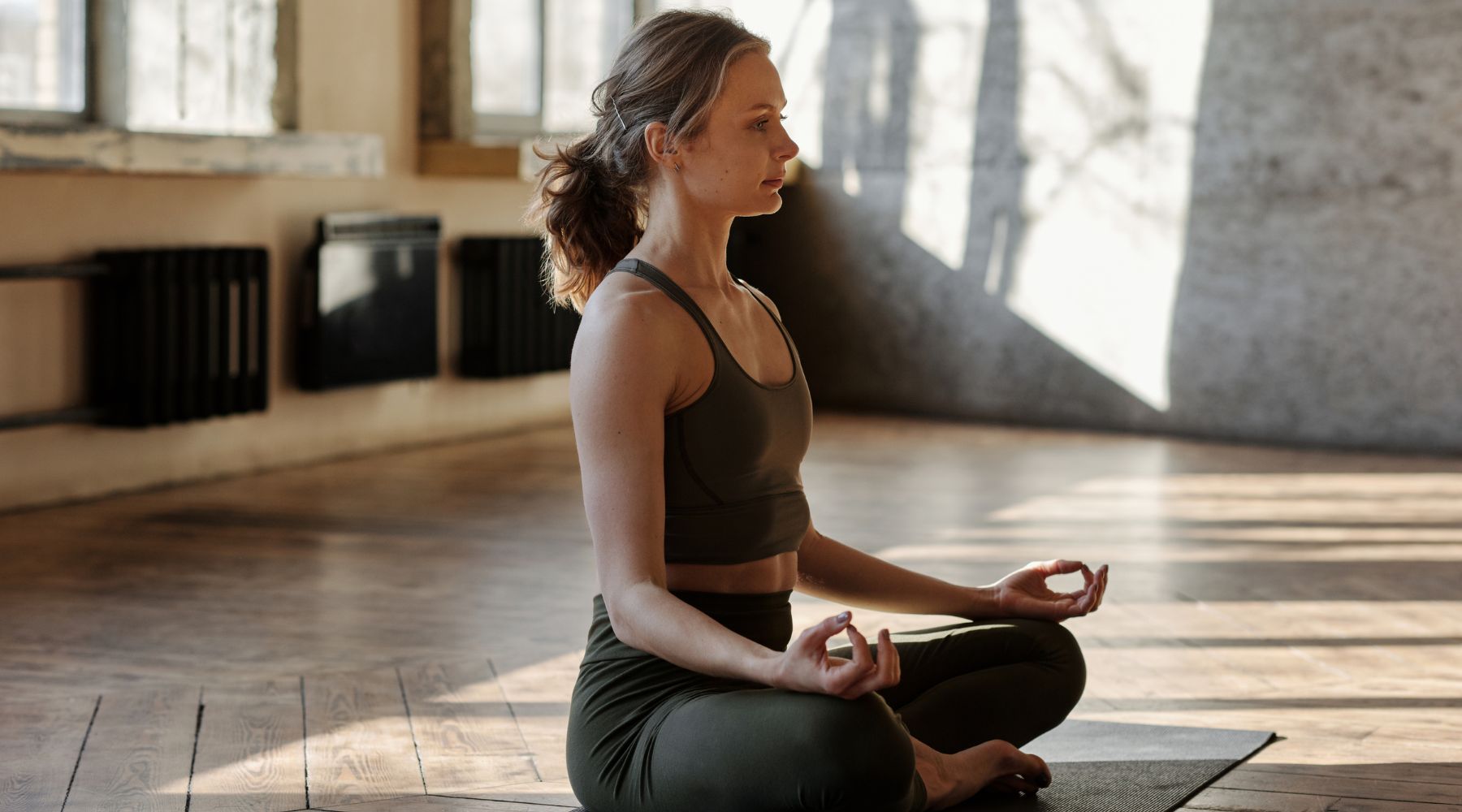
7 Relaxation Techniques to Reduce Stress
Aaaand, relax. April is National Stress Awareness Month, and a sign for you to take a step back and assess your wellbeing.
Experiencing stress of some degree is so common that it’s easy to forget how important it is to make conscious steps towards reducing it.
The long-term effects of stress can be extremely damaging, and so practicing relaxation techniques that help to reduce stress are extremely valuable! Here are some effective stress-relieving techniques you should try:
1. Breathing techniques
One of the easiest but most effective relaxation techniques to reduce stress is a breathing exercise. The beauty of this stress-relieving technique, is that it can be done anytime, anywhere, and it’s extremely easy to learn.
Follow these steps to get the most out of this technique:
- Make sure you are sitting comfortably. Correct your posture to sit tall.
- Place one hand on your chest and another on your stomach.
- Breathe in deeply through your nose, and focus on the feeling of your hand moving with the rising of your stomach.
- Exhale through your mouth, again feeling your stomach move as you do so.
- Concentrate on this gentle movement, and continue to breathe in through your nose and out through your mouth.
2. Aromatherapy
The senses play a huge role in your wellbeing, and using them to your advantage can turn certain scents into a great relaxation technique tothart helps reduce stress. Aromatherapy is the use of essential oils for healing and cosmetic purposes, and is a great way to help you relax. Breathing in the oil's aroma triggers the central nervous system, decreasing cortisol (the stress hormone) and helping to reduce feelings of stress as a result.
There are many different ways to use and enjoy aromatherapy. Natural scented candles and room diffusers disperse essential oils into your surroundings to help you relax, and you can also add essential oils to a bath and enjoy them that way. Look out for lavender-infused oils especially, as this natural scent helps to promote wellness and relaxation.
3. Yoga
Gentle exercise is a great way to wind down, shut your mind off from everything, and tire your muscles out to reduce tension in the body. Yoga has a positive impact on both your body and mind to help combat feelings of stress.
If you’re a newbie yogi, take a look at the thousands of yoga tutorials on Youtube. You can find routines specifically created to target stress.
4. Evening walks
Another gentle exercise that helps to reduce stress is a walk. Take a break from your work, your phone and home to give yourself a moment of pause and reflection. Try not to think about any of the causes of your stress during your walks and instead focus on your surroundings, paying attention to the sounds and sights of nature! This is a great stress reliever and an effective way to help you to reconnect with your body and loosen up any muscle tension.
5. Balanced diet
It’s not just mental and environmental triggers that evoke stress, but diet too. A poor diet and certain types of food can have all sorts of negative impacts on the body, including an increase in stress.
Sugary foods, for example, cause blood sugar levels to spike, which causes the body to release more cortisol to balance the spike, but cortisol is the primary stress hormone and can therefore increase feelings of stress.
The trouble is that poor diet can increase stress, but increased stress can also lead to poor diet. We're all familiar with the evening takeaways and microwave meals when we're too stressed to cook, but this can heighten feelings of stress even more. Try to avoid doing this on the regular and instead fuel your body with the goodness it needs to reduce stress and relax.
6. Mindfulness meditation
“Paying more attention to the present moment - to your own thoughts and feelings, and to the world around you - can improve your mental wellbeing”
NHS England
Don’t knock it until you try it! Meditation has been practiced for thousands of years due to its positive and relieving benefits on the mind, body and soul! It’s like a massage for your mind, helping to induce a deep state of relaxation that allows you to unwind and de-stress.
Mindfulness helps you to disconnect from stressors, and reconnect with yourself. The practice encourages you to appreciate the little things and joys that you may not be appreciating, to take your mind away from the causes of stress and towards the things that make you feel happy and content. Take a look at Mindful.org's advice on how to practice mindfulness meditation to reap the benefits of this practice.
7. Digital detox
Both the downfalls of technology is that it means we are always switched on. We're constantly seeing negative news stories, comparing ourselves to others on social media, and reading work emails. It makes it so much harder to switch off, but all the more important to do so.
Give your brain a rest and allow yourself the opportunity to disconnect away from your phone - it's an effective and important way to help you relax!
The true key to reducing stress is to look after yourself. Give yourself opportunity to relax and unwind, to appreciate moments of calm. Provide your physical body with the nutrients it needs and you will soon lead a more positive lifestyle.




